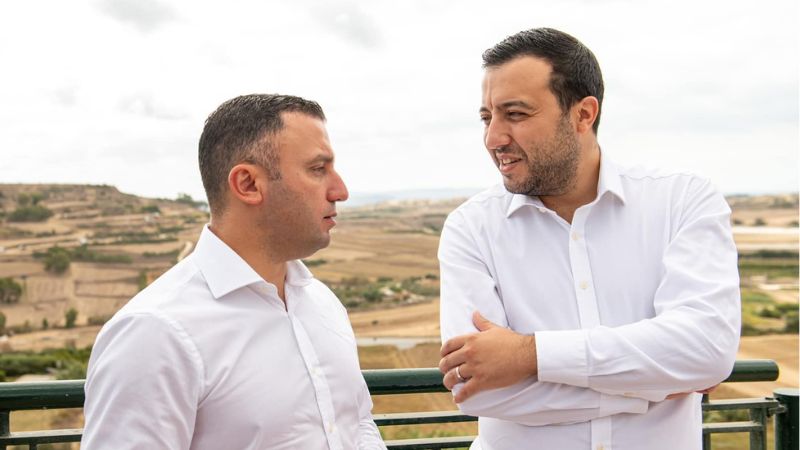Thirty years ago, on 23 May 1992, anti-mafia judge Giovanni Falcone and his wife were driving along the motorway linking Palermo airport to the city itself when a bomb, 13 barrels packed with 500 kg of explosives, blew up in a tunnel beneath the road just as Falcone’s car was passing.
The judge, aged 53, his wife Francesca Morvillo, and three police officers, Vito Schifani, Rocco Dicillo and Antonio Montinaro, were all killed in the blast masterminded by a notorious Sicilian mafia boss, Totò Riina.
The bomb itself was triggered by Giovanni Brusca, a mafia hitman known for his brutality.
Falcone had dedicated his life to the battle against the Sicilian mafia. Barely two months after his murder, on 19 July of the same year, his fellow judge and prosecuting magistrate Paolo Borsellino was similarly slain by a car bomb in Palermo, together with five police officers: Agostino Catalano, Walter Cosina, Emanuela Loi, Vincenzo Li Muli and Claudio Traina.
The two judges, both determined to eradicate the power of organised crime in Sicily, had been the driving force behind the historic 1987 anti-mafia trial, in which more than 300 Cosa Nostra members were charged. The two men were placed on the mafia’s hit list in the wake of the momentous trial.

Giovanni Falcone and Paolo Borsellino
Photo: Wikipedia
The killings sent shockwaves across Italy and beyond. The horrific murders resulted in a major crackdown against the Sicilian mafia, which in turn led to the 1993 arrest of Riina, who died in jail in 2017.
While many people remember the terrible day vividly, even 30 years later, the parallels between what happened on that motorway that day, and what happened to Malta’s own warrior on organised crime and corruption, Daphne Caruana Galizia, are striking.
Caruana Galizia was assassinated to stop her exposing the web of criminality that had gripped the highest echelons of power in its grasp, that was enabled and facilitated by an entire network of corrupt politicians, government officials and police officers. She worked alone, isolated and mocked by many of her fellow journalists, yet never gave up on her determination to expose the truth about what was happening in Malta.
Italy today commemorates the anniversary of Falcone’s brutal murder, along with his wife and guards. In Palermo, the city where both Falcone and Borsellino were robbed of their lives, there has been a programme of events marking the occasion running over several days, including debates, art exhibitions and demonstrations. Malta’s anti-corruption NGO, Repubblika, was invited to participate in the commemoration, while Repubblika president Robert Aquilina was a speaker at an event discussing Falcone’s main strategy in hunting down his mafia prey: “Follow the money”.
Aquilina referred to Daphne Caruana Galizia’s work, in which her most significant discoveries were made using the same powerful method. He explained that none of the people she had exposed as corrupt, nor the government members and police officers who tried to derail the investigation into her murder, have yet been charged, despite the conclusion of the public inquiry into her killing, which laid the blame squarely at the feet of the government that had fostered a culture of impunity.
Falcone was murdered on this day, 30 years ago, at 17.57. Around Italy, town mayors will hold a minute’s silence at the exact moment of the bombing. Three decades have passed, but the legacy of courage and righteousness Falcone and Borsellino left remains as powerful today as it was then.












